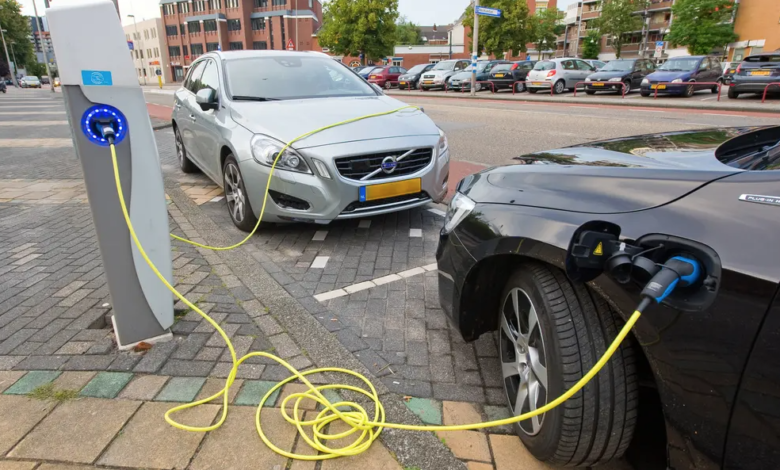IEA: new electric cars, this year 1 out of 5 will be electric
IEA publishes Global Electric Vehicle Outlook
(sustainabilityenvironment.com) – The global automotive industry is going through an epochal transition that will have a significant impact on the energy business. This is the conclusion reached by the International Energy Agency (IEA), which is included with the new Global Electric Vehicle Outlook. In order to monitor the progress of e-mobility internationally, the IEA assesses new electric cars using market trends and short-term forecasts.
The document paints a rather rosy image. If there are more than 10 million new cars on the road globally in 2022, 2023 won’t be any less. The Agency’s analysts predict that this year’s sales will climb by another 35% to 14 million units. The total share of vehicles with four electric wheels will increase by a record amount in the automotive sector.
The document paints a rather rosy image. If there are more than 10 million new cars on the road globally in 2022, 2023 won’t be any less. The Agency’s analysts predict that this year’s sales will climb by another 35% to 14 million units. A record increase that will increase the four electric wheels’ overall market share to 18%. In contrast, they only covered 4% of the market in 2020.
Destination markets, however, remain constant. China, Europe, and the United States virtually own the great majority of the new electric cars. Considering the year 2022, The People’s Republic is in the lead with 60% of global sales. However, sales in the second- and third-placed economies of Europe and the United States have also greatly increased. Additionally, there are encouraging developments for certain developing e-mobility markets, like India, Thailand, and Indonesia.
New electric cars forecast in 2023
The global trend is set to improve further. Over 2.3 million new electric cars were purchased in the first quarter, about 25% more than in the same period last year. And the IEA predicts that by the end of the year the total units will be 14 million.
“Electric vehicles are one of the driving forces of the new global energy economy that is rapidly emerging and are driving a historic transformation of the automotive industry around the world,” said Fatih Birol, executive director of the IEA.
Read also Italy and 7 other EU countries against the ban on diesel and petrol cars in 2035
According to the Agency, future demand for e-cars in major automotive markets will have profound implications for energy and climate targets. “Based on existing policies, demand for oil from road transport is expected to peak around 2025 in the STEPS scenario, with oil saved by electric vehicles exceeding 5 million barrels per day in the 2030“.
World market options between new models, batteries and supply chain
Despite the fact that SUVs and large automobiles predominate among electric vehicle options, there were 500 different e-car models on the market in 2022, more than twice as many as in 2018. Lithium-ion technology is the industry leader in batteries. In this year’s course, nickel-manganese-cobalt (NMC) continued to have a market share of 60%. Lithium-iron-phosphate (LFP) came in second with a share of just under 30%, while nickel-cobalt-aluminum oxide (NCA) came in third with a share of around 8%. But lithium ion technologies, like sodium ion batteries, have also entered the market recently.
Supply chains are growing, but production is still mostly regionally concentrated, with China dominating the market for battery and electric car components. Additionally, in 2022, the Asian behemoth exported 35% of all electric vehicles.






